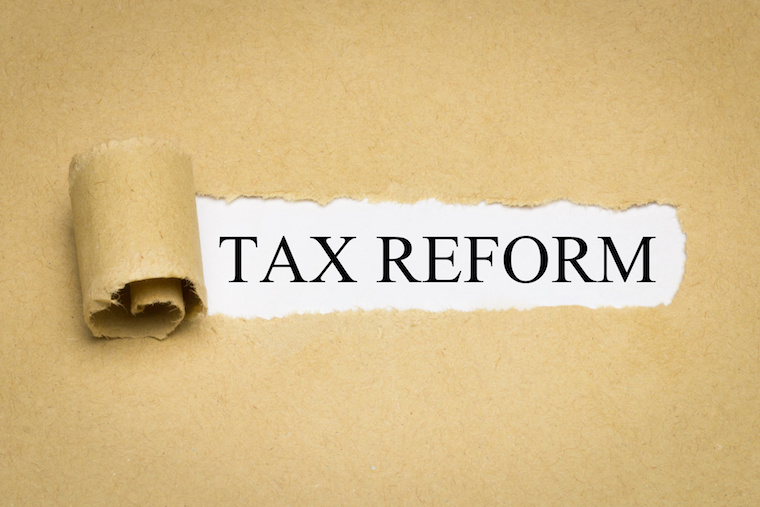Tax Considerations When You Own a Second Residence

When you own a home and, after your last vacation, are considering buying another residence it should come as no surprise that there are tax and financial consequences, both positive and otherwise to owning more than one property. You might have been smitten by the location or just decided you wanted a change without giving up your current home. The second property could be a condo or a rental that you decided to buy or it was inherited. Questions arise. One is what is your “real” residence or, using a legal term, your “domicile.” However, even when
you have established your domicile there are other financial and tax considerations depending on how much time you spend at each property and/or whether you collect rent among other things. Considered here are only some basic thoughts among many. For instance no thought is given to different taxes on real estate in different jurisdictions. The assistance of a seasoned and experienced tax accountant in these matters is invaluable.
First. Where is your domicile? The old song and saying may be that home is where your heart is but domicile depends on other considerations. Before deciding the issue between two properties consider state rules and federal under what is referred to as common law. Also note that taxation results can vary even where you feel very sure of your domicile. Very generally speaking, if your mail goes to a property in Pennsylvania where you have always continuously lived, you work in Pennsylvania most of the time, your driver’s license is a Pennsylvania driver’s license, and you have a voter ID and vote in Pennsylvania, and if you spend most of your time in Pennsylvania in terms of days per year and so on, Pennsylvania is probably your domicile. Where it gets hazy is when some of those answers are different. This can be important in terms not only of property taxes but also income taxes and other issues.
Federal and State Rules.One interesting article tackling the taxation question is “Questions you’re asking:What is considered a second home for tax purposes?” https://lifescapes.wellsfargoadvisors.com/ by Asher Alt, January 13, 2023. Another is “Tax Breaks for Second-Home Owners,” by Jean Folger, updated May 22, 2023, Investopedia. The Investopedia article as one example divides its discussion between mortgage interest deductions and rental income reporting requirements and, for this purpose may be useful as an easy summary.
- Mortgage Interest Deduction – Personal Residence. If the second home is considered a personal residence, the taxpayer must file Form 1040 or 1040-SR and itemize deductions on Schedule A in order to claim a mortgage interest deduction. It must be a secured debt on a qualified homein which the taxpayer has an ownership interest. It is not a home equity line of credit. The maximum deduction is $750,000 for the total of all such personal residence properties.
- Mortgage Deductions – Rental Property. If you rent out the property for part or all of the year what will matter is the breakdown between personal and rental use. If the IRS views the home as an investment property, the mortgage interest deduction cannot be claimed as a deduction but mortgage interest may nonetheless be deducted as a business expense to reduce taxes associated with the rental income. At this point it may become obvious why experienced tax advice is necessary.
- Property Tax Deductions. The Investopedia article divides personal and rental use into three categories (two considered here) when considering whether and/or how much property tax deductions can be used. These are:
-
- Use Often. Rent rarely. If you rent your home for 14 days or less during the taxable year you cannot deduct rental related expenses such such as advertising and utilities (because it is personal not business) but you can deduct qualified mortgage interest and property taxes in the same way as any home. You do not need to declare income.
- Use Rarely. Rent often. You rent out for more than 14 days per year and your own use of the home (or use by family, etc.) does not exceed the greater of 14 days or 10% of the days it is rented, then it is a rental. You can deduct rental expenses including mortgage interest, property taxes, insurance costs, property manager fees, utilities and property depreciation. The downside is you have to declare your income and use these expenses to offset the income. Get help if you need it!
About the Author Janet Colliton
Esquire, Colliton Law Associates, P.C. Janet Colliton has practiced law for over 38 years, 37 of them in Chester County, Pennsylvania, a suburb of Philadelphia. Her practice, Colliton Law Associates, PC, is limited to elder law, Medicaid, including advice, applications and appeals, and other benefits planning including Veterans benefits, life care and special needs planning, guardianships, retirement, and estate planning and administration.
